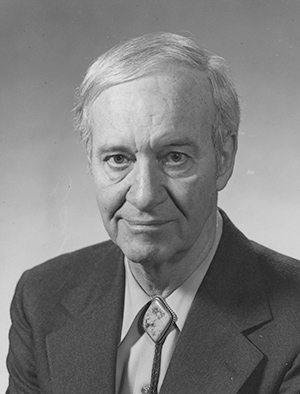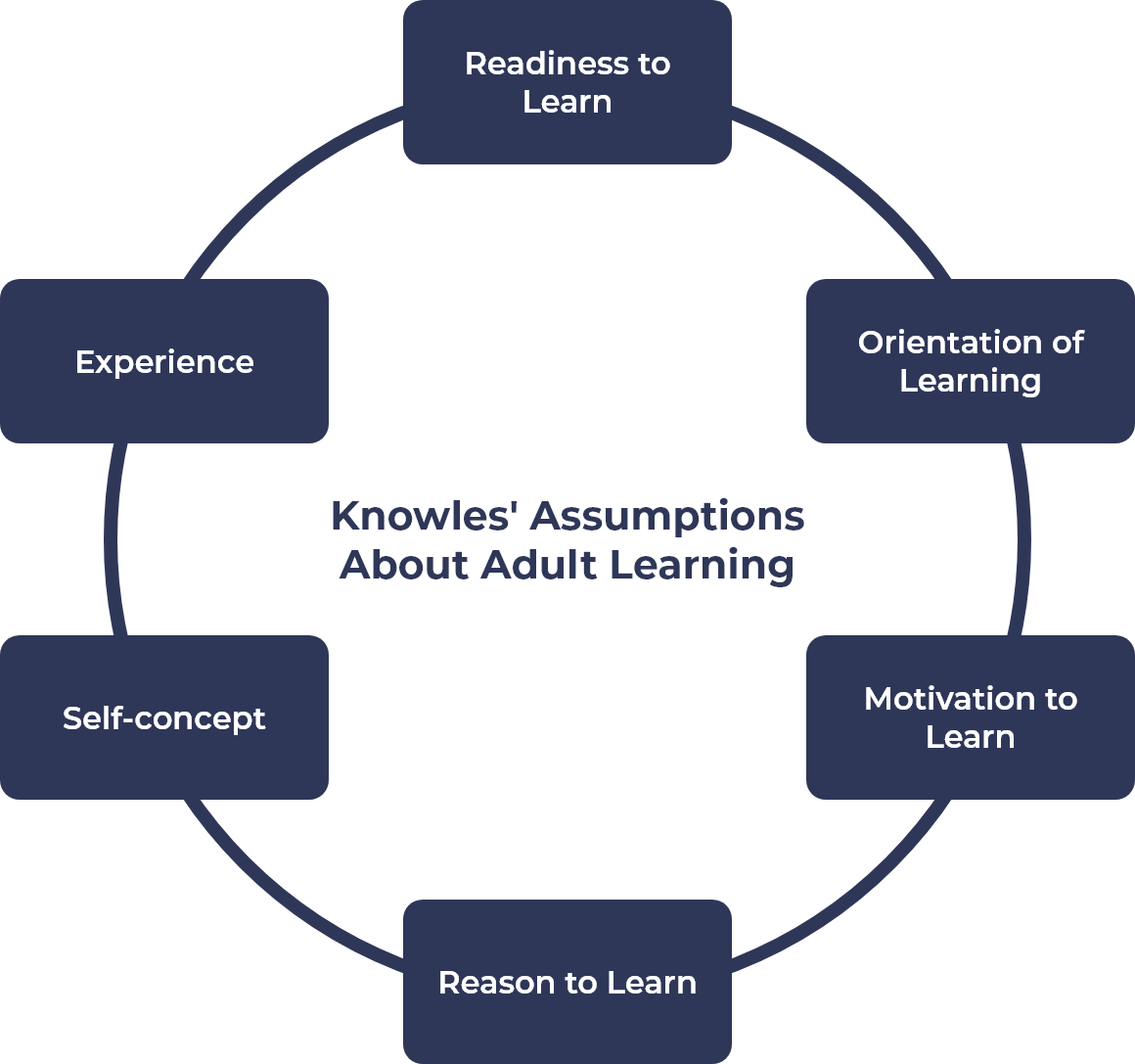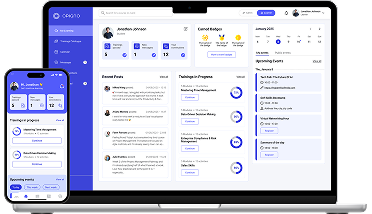The days when formal education was enough to build a lifelong career are long gone. Today's world, fueled by rapid technological advancements and the ever-evolving job market, demands a workforce that embraces lifelong learning. This shift means most of our developmental journey — acquiring new skills, adapting to new technologies, and expanding our knowledge base — occurs well after we've hung up our graduation gowns.
However, learning as an adult is tough. We juggle careers, families, and personal aspirations, leaving limited time and energy for structured learning.
On average, across EU countries, almost 60% of respondents do not participate in adult learning mainly because they see no need for it. Cost and inconvenient training schedules or locations are the most pressing institutional barriers. Lack of time and family responsibilities are the most common situational barriers, according to PIAAC and AES.
Our learning styles and capacities naturally evolve as well. The mechanisms underlying neuroplasticity differ between children and adults: children's brains robustly develop new neurons and synaptic connections between them, while adult neuroplasticity relies more on the pruning of existing synaptic connections. As a result, children soak new skills and knowledge like sponges. For an adult to learn something new, they have to deliberately practice, repeat, and apply new information to rewire their established neural networks.
What worked for us as kids in a traditional classroom setting may not be optimal in our adult years. To empower adults to thrive in their educational endeavors, we must create learning that acknowledges their unique characteristics and needs. Discovering such learning strategies is what the adult learning theory does.
What is adult learning theory?
The adult learning theory, or andragogy, is the science and practice of adult learning, contrasting with pedagogy, which focuses on children's learning.
The term "andragogy" was first coined by a German educator, Alexander Kapp, in 1833 to describe the continuing education process for adults. Then, in the 1920s, Eduard C. Lindeman, a major philosopher of adult education in the United States, formulated the first systematic theory of lifelong education, counterposing andragogy to formal, teacher-centered learning methods.

Lindeman's work laid the foundations for Malcolm Knowles's andragogy theory, which has remained the central theory of adult learning since the 1960s. Knowles recognized that traditional pedagogical approaches were not always effective for mature students and that new approaches were needed, promoting principles such as learner autonomy, self-direction, and the integration of real-life experiences in learning.
Andragogy has influenced subsequent theories and practices in adult education, including self-directed learning, problem-based learning, and collaborative learning, all of which prioritize learner autonomy and the application of knowledge to real-world situations.
Core principles of andragogy
Malcolm Knowles's theory outlines several core assumptions that highlight adult learners' unique characteristics and needs and provide a framework for designing effective educational programs and experiences. Some of the most commonly cited include:
Self-concept
Self-concept is a collection of beliefs, perceptions, and evaluations people hold about themselves. Within the andragogy context, self-concept refers to individuals' evolving perceptions of themselves as learners.
Unlike children, who depend on external direction from teachers or authority figures, adults perceive themselves as autonomous subjects, responsible for their decisions on what, when, and how to learn. They tend to perform better with self-directed learning and often prefer this strategy over rigid instructor-led lectures.
Intrinsic motivation to learn
As adults mainly engage in learning of their own volition, external motivators have less power over them. Knowles argues that intrinsic motivation in the form of personal or professional growth, enhanced competence, or improved quality of life ranks higher than promotions or salary increments. Adult learning environments should nurture learners' intrinsic motivation by maintaining their interest and engagement.
The need to know
Children in a classroom setting receive education passively, whether they feel like it or not. Autonomous adults, on the other hand, need a significant reason to justify spending time and resources on learning on top of everything else they have on their plates.
That's why adult learning is goal-oriented. Adults seek learning opportunities when they understand their relevance to their lives, and instructional design should explain why this knowledge is important.
Readiness to learn
Adults are most receptive to learning when they are prepared and motivated to do so, and they are more likely to be motivated to learn when they perceive a need for the knowledge or skills being taught. Applicable, just-in-time learning taps into adults' readiness to learn by connecting educational content to their immediate needs and interests.
Adult learner experience
Acknowledging learners' life experiences is crucial for both pedagogy and andragogy. We attain new information more easily when it feels relevant and builds on our existing knowledge.
However, adult learners not only have far more diverse and richer life experiences than children — they are also largely shaped by them. An effective adult learning strategy turns to learners' practice experiences as a resource to enrich the learning process.
Orientation to learning
Unlike children's education, which is structured around separate subjects like math, chemistry, history, etc., adult learners are more task- or problem-centered in their approach to learning. They focus on the practical application of knowledge to real-world situations rather than acquiring information for its own sake, and their learning should reflect that, e.g., through a problem-based approach combining different subject areas.

Based on these assumptions, Malcolm Knowles formulated practical principles for instructional designers and educators working with mature students:
- Adult learners need to participate in the planning and evaluation of their learning.
- Learners' experiences, positive or negative, can be the basis for the learning.
- To interest adults in learning, the subject should be relevant to their immediate needs.
- Adult learning should be problem-centered.
Benefits of applying adult learning strategies
So, we've explored the needs and motivations of adult learners according to the andragogy theory. But how does applying andragogy principles translate into concrete benefits? Let's delve into the positive impact these strategies can have on both learners and organizations.
Alignment with adult cognitive processes
Interestingly, adult learning principles resonate with current understandings of adult cognitive neuroscience. Adult brains are wired for experience-based learning, making practical applications and real-world scenarios more engaging and effective for knowledge retention. Additionally, the emphasis on self-directedness aligns with the adult brain's increased capacity for autonomy and self-regulation.
Leveraging existing knowledge and experience
Adult learners bring a wealth of life and professional experiences to the table. Encouraging active participation and knowledge sharing fosters a sense of accomplishment and enriches the learning experience for everyone involved.
Increased confidence and competence
Adult learning focuses on practical applications and real-world scenarios. By walking learners through step-by-step processes that connect to their experiences, you empower them to apply their newfound knowledge immediately, increasing their confidence and competence in their skills.
Adult learning methods are associated with positive learner outcomes, with practices actively involving learners in the learning process improving the learner outcomes the most.
Motivation for lifelong-learning
People are intrinsically motivated to learn and improve. The fitting training programs foster a love of lifelong learning, while transformative problem-based approaches ensure growth and skill development, creating a more engaged and motivated workforce.
Self-paced learning
Unlike children, adult learners have infinitely more busy schedules that require diverse learning styles and paces. Andragogical approaches cater to this by offering flexibility and opportunities for self-directed learning, allowing individuals to grasp concepts in a way that best suits them.
Transforming training into action
Adult learning emphasizes the practical application of knowledge. Training programs designed with this principle in mind go beyond simply imparting information. They equip learners with the skills and tools they need to put their knowledge to use immediately, leading to a more effective and impactful learning experience.
The principles of andragogy offer a valuable framework for addressing adult learners' unique needs and characteristics. By recognizing adults as autonomous, self-directed learners and designing learning experiences that align with their intrinsic motivations and real-world needs, we can empower individuals to pursue lifelong learning and achieve personal and professional growth, foster skill development and, ultimately, organizational success. It's a win-win situation for both learners and organizations.
Contact us today to explore how the Opigno learning platform supports best practices for adult learning.
Published on April 11, 2024
